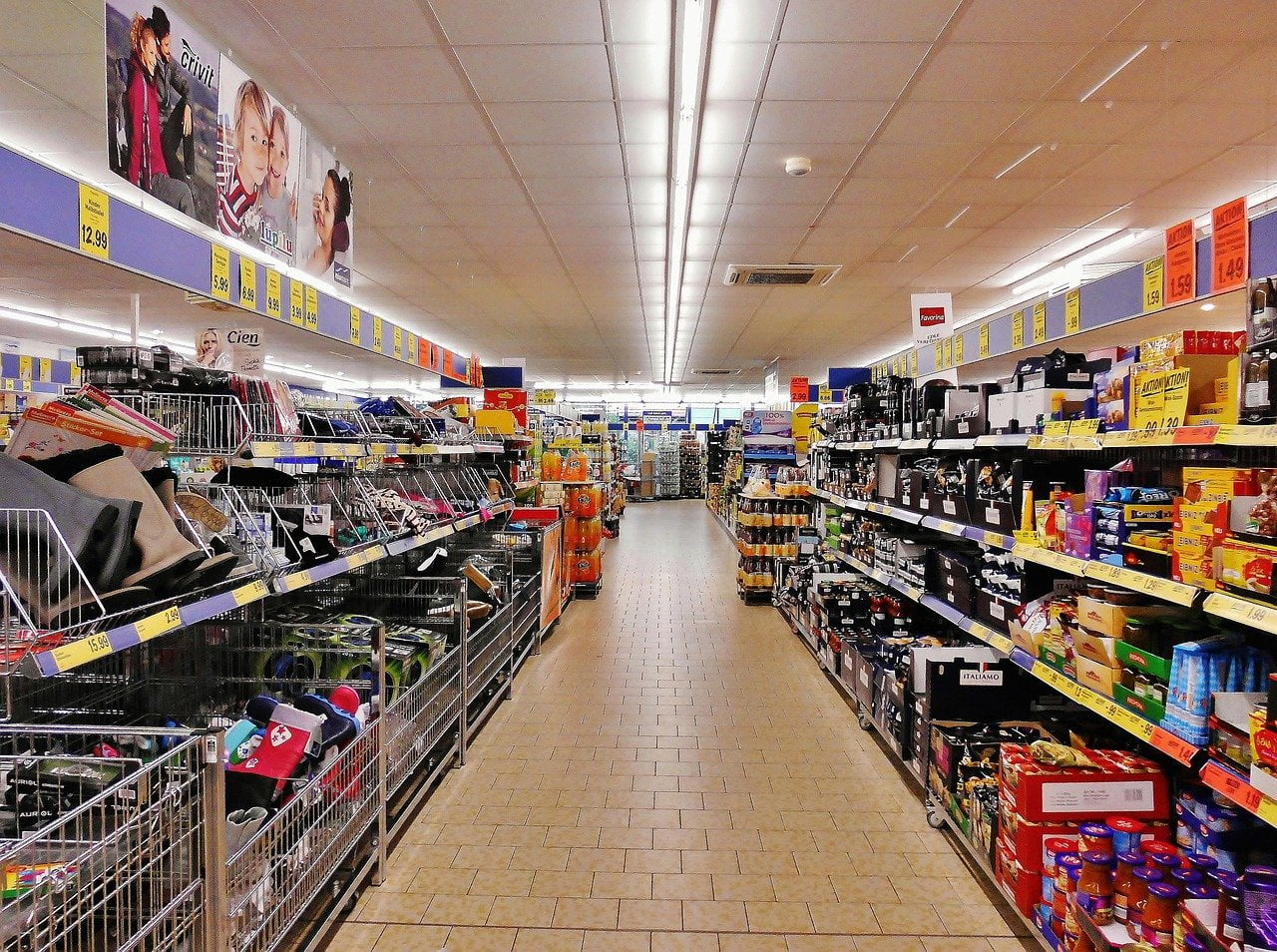Ocado Group PLC (LON:OCDO) – which is 50% owned by Marks & Spencer – saw third quarter revenue fall 10.6% to £517.5m. Revenue fell 1.8% in the first 6 weeks. Following the fire at the Erith fulfilment centre in July, lost capacity and sales meant revenue fell 19% for the rest of the period.
Q2 2021 hedge fund letters, conferences and more
Ocado processed 338,000 orders a week, up 1.4% on last year. New capacity means the group can now process up to 600,000 orders a week, and announced plans to increase this to 700,000 in 2022-2023.
The total cost of the fire, not covered by insurance, is expected to be around £10m. Rising labour costs, particularly in LGV and delivery drivers, will cost up to £5m at the full year. The group said Ocado Retail “expects to deliver strong revenue growth in FY22”.
The shares fell 6.7% following the announcement.
Ocado's Erith Fire
“Some 300,000 orders were lost as a result of the Erith fire, despite Ocado’s best efforts to minimise disruption. This kind of operational problem is something the group can ill afford. As we head into the most important trading period of the retailer’s year, it’s crucial that all dents have been ironed out, so it can fully capitalise on the festive season.
Prior to the fire, sales were still subdued. That’s largely a result of the exceptional demand brought on by the pandemic this time last year. Equal partner M&S has invested a lot in this partnership, and it’s a key pillar of its turnaround plan – getting sales moving at pace again will be top of the to-do list. That’s a job made harder by the resumption of more ‘normal’ life. Ongoing concerns about new variants is likely to keep online demand buoyed to an extent, but the extreme tailwinds of last year are certainly no more.
Ocado is also facing rising labour costs, including having to incentivise to try and plug the gap left by the HGV driver shortages – failure to do so will impact sales performance. Ocado prides itself on being a more premium grocer, if it can’t get enough of the right stock on its virtual shelves, it could reduce revenue more so than for other supermarkets. The increased staff costs could cost up to £5m at the full year, which together with an uncertain trading outlook, means profits could suffer.”
Article by Sophie Lund-Yates, equity analyst at Hargreaves Lansdown
About Hargreaves Lansdown
Over 1.64 million clients trust us with £135.5 billion (as at 30 June 2021), making us the UK’s largest digital wealth management service. More than 98% of client activity is done through our digital channels and over 600,000 access our mobile app each month.






